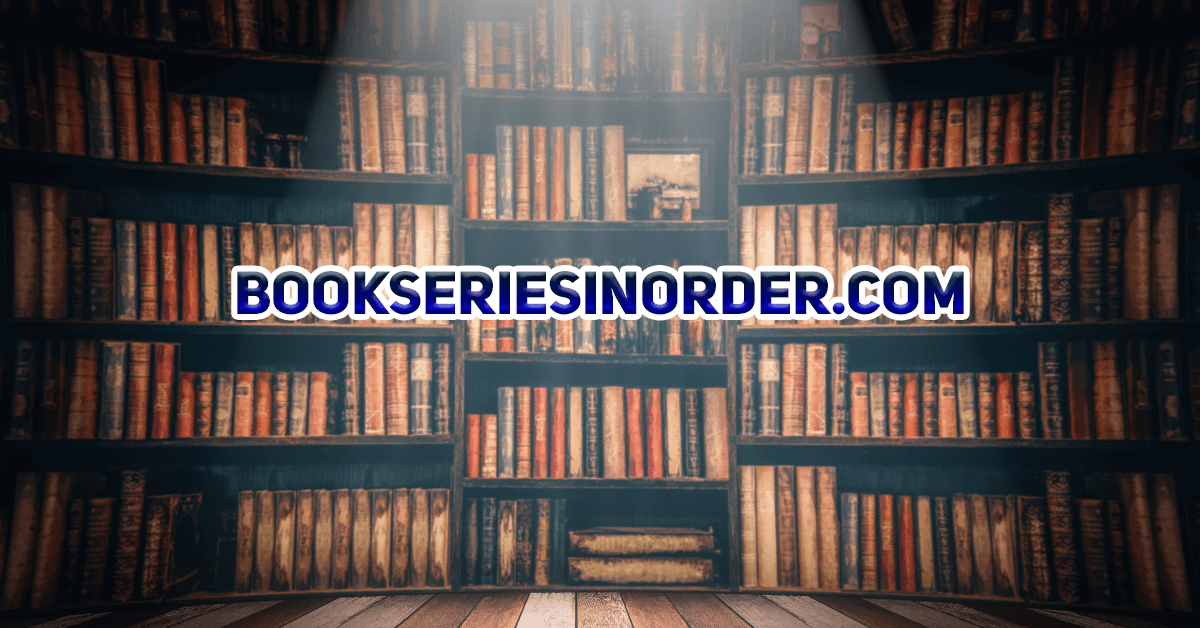JBG
Liberal democrat
I just finished reading Gray Matters: A Biography of Brain Surgery by Theodore H. Schwartz. I picked up the book and my synagogue with the author spoke back in September or October. I have basically the same gripes about both the book and his speech; they were long on content and short on organization. Bluntly, about 1/3 of the book should have been the subject of its own surgery.
The content is fascinating. The author manages to discuss, just write every prominent shooting and brain surgery, and then some not so prominent. We’ve learned, for example, that neither Kennedy would have been likely to survive their assassination attempts. We also learned that with the benefit of modern medicine, Abraham Lincoln may well have survived. Would I have read the book had I known of his shortcomings? Yes. The book is definitely worthwhile.
The content is fascinating. The author manages to discuss, just write every prominent shooting and brain surgery, and then some not so prominent. We’ve learned, for example, that neither Kennedy would have been likely to survive their assassination attempts. We also learned that with the benefit of modern medicine, Abraham Lincoln may well have survived. Would I have read the book had I known of his shortcomings? Yes. The book is definitely worthwhile.
